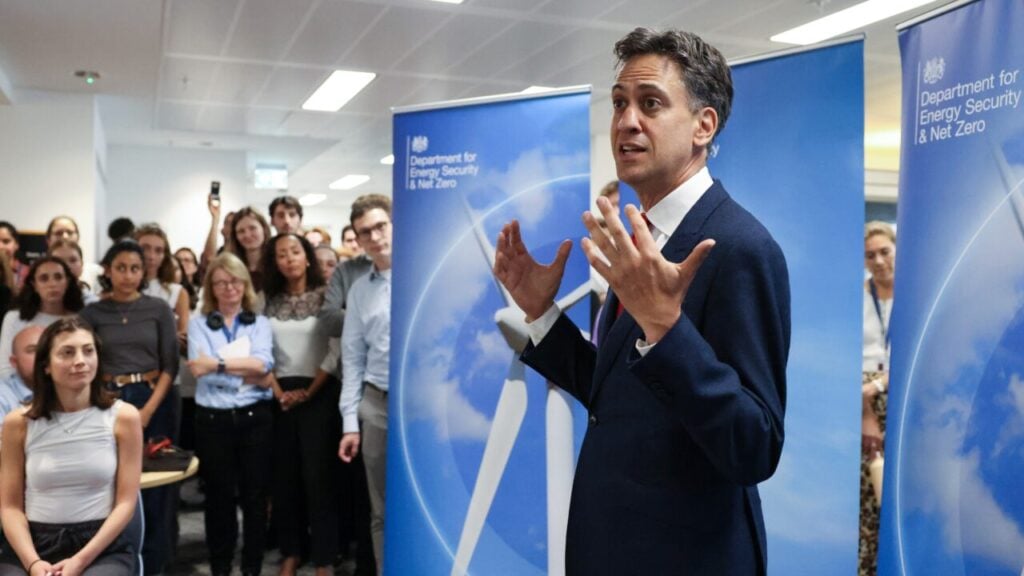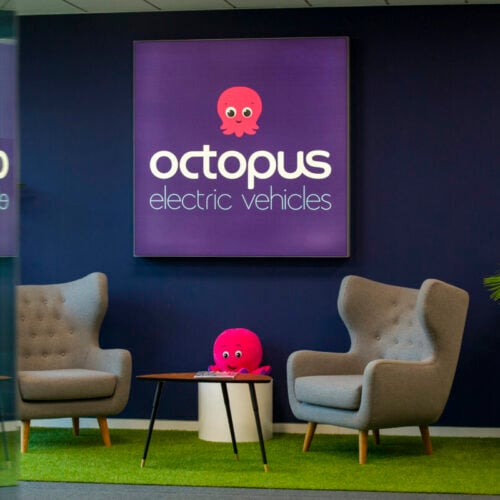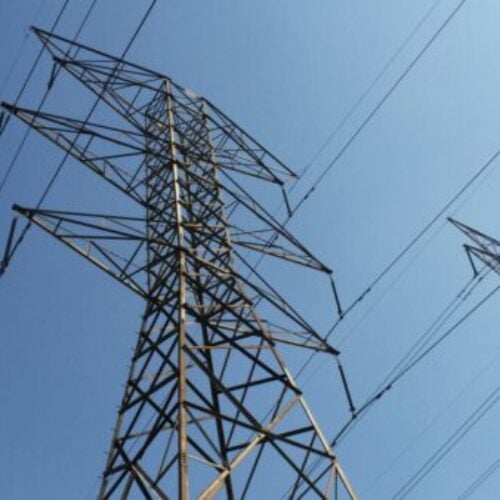The Department of Energy Security and Net Zero (DESNZ) has asked that the Climate Change Committee (CCC) assist in the development of carbon emissions goals.
Secretary of State for energy security and net zero Ed Miliband has penned a letter to Piers Forster, chair of the CCC, asking for the body’s guidance in deciding the UK’s Nationally Determined Contributions (NDCs) ahead of the COP30 conference set to take place in Brazil in November 2025. NDCs, which are commitments nations make for reducing greenhouse gas emissions, must be submitted nine months to a year ahead of the relevant COP summit.
The letter notes that the CCC does not have a statutory role in decision-making regarding NDCs, but adds that “the UK Government greatly values the expertise of the Climate Change Committee and would therefore be grateful for your [the CCC’s] guidance on our 2035 NDC.”
The CCC has previously assisted the UK government in developing NDCs; in 2020, the Committee was asked to assist in developing the 2030 NDC presented at COP26 in Glasgow.
Miliband’s letter requests that the CCC offer guidance on the UK’s 2035 NDC target level, factoring in targets already laid out by the 2033-2037 period in the UK’s own Carbon Budget 6 as well as any differences between carbon budgets and NDCs. Additionally, advice is being sought on the impact of including or not including international aviation and shipping emissions in the UK’s NDC.
CCC pushes for faster progress
In recent months, the CCC has been somewhat critical of the UK’s progress on climate change targets.
A report published this July by the body noted that the UK was severely behind the necessary pace needed to meet 2030 emissions targets, noting that annual onshore wind installations must double by 2030, while offshore wind installations need to increase by at least threefold and solar installations must increase fivefold to have any chance of meeting set targets.
Earlier this year, the CCC called the UK government’s third National Adaptation Programme (NAP3), which aims to ensure the country can handle the impact of climate change, “far short of what is required”.
However, the government has recently been taking the advice of the CCC on board, announcing in May that, on the recommendation of the CCC, it would not be rolling over the surplus on its Carbon Budget 3.






